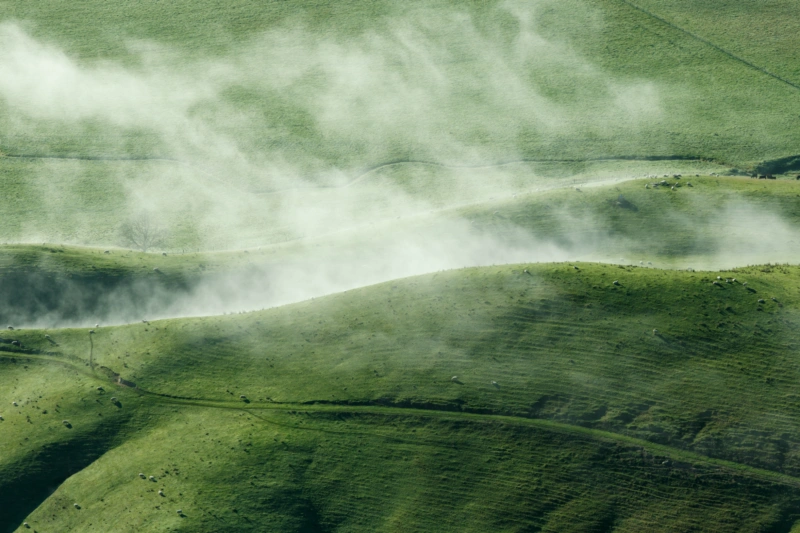Latest updates
Media contact
Are you interested in our latest news or working on a Pāmu story and need to get in touch?

03 Dec 2025
Pāmu shares insights into premiums for best practice at Hanmer Open Farm Day
Pāmu welcomed nearly 80 guests, including farm teams, agribusiness professionals, and local farmers, to an Open Farm Day at Hanmer Farm last week.
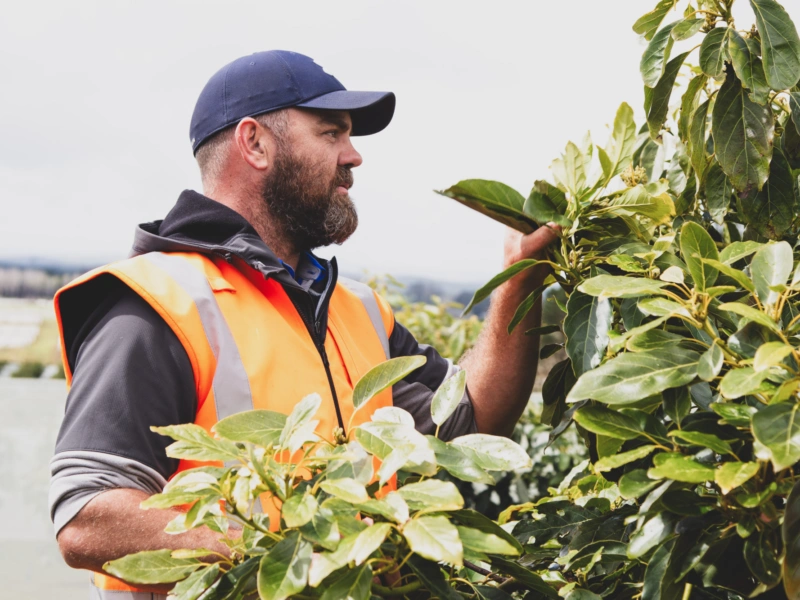
02 Dec 2025
Kapiro Orchard: A model of adaptive land use
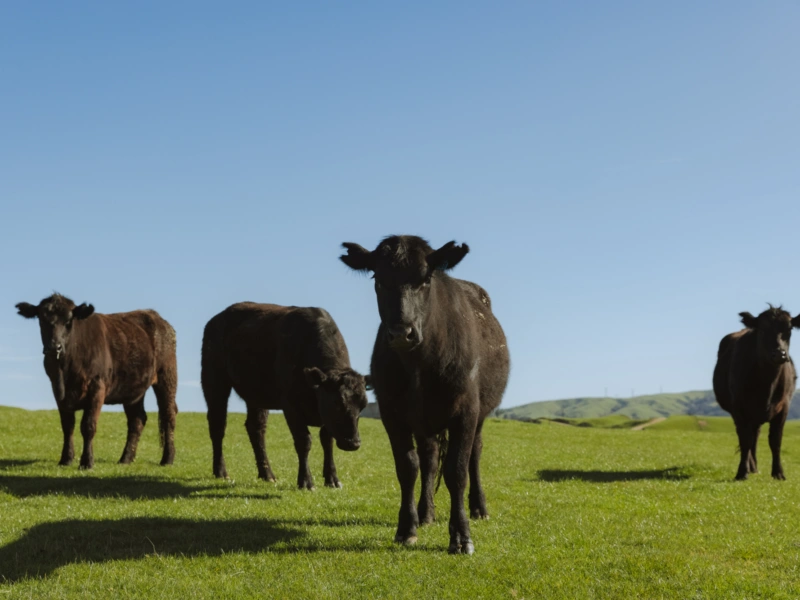
27 Nov 2025
Pāmu lifts forecast earnings
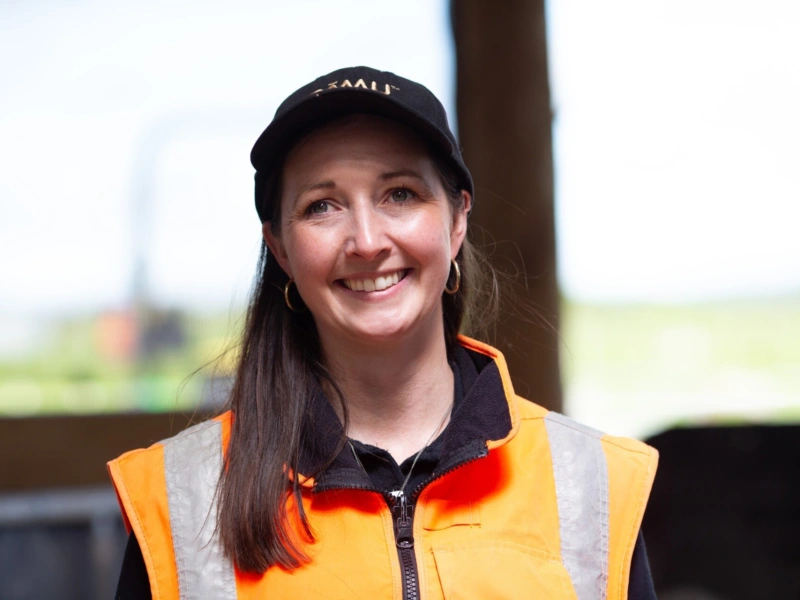
25 Nov 2025
Three more Pāmu dairy farms achieve organic certification

20 Nov 2025
Hanmer farm ready for Open Day
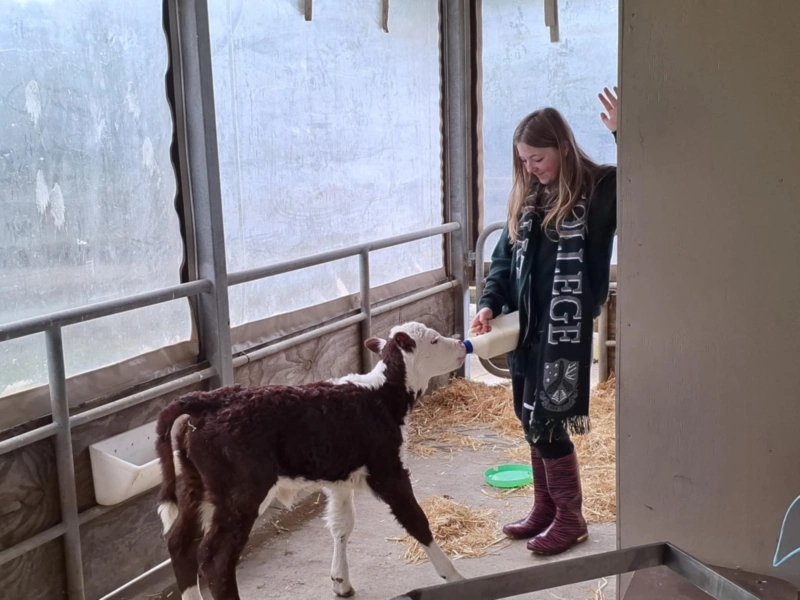
11 Nov 2025
Pāmu welcomes First Foundation scholar Cheyenne Kirkman
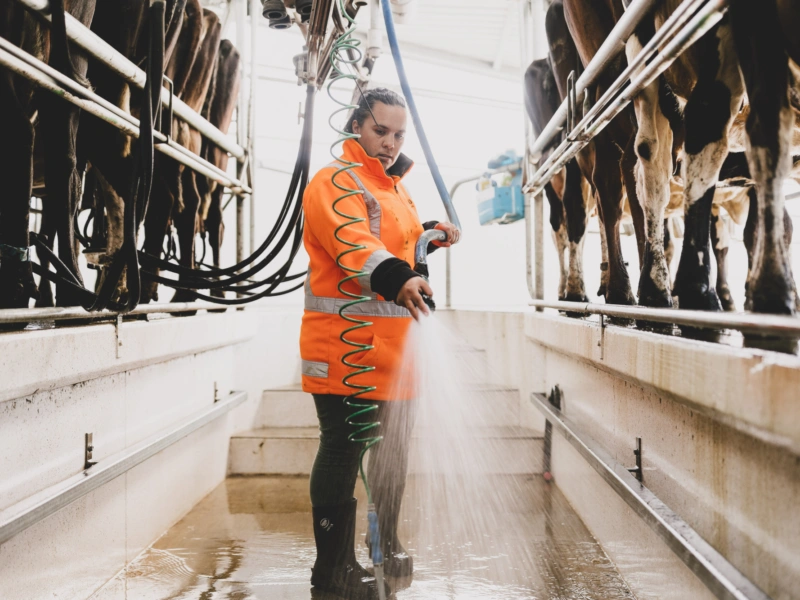
15 Oct 2025
Pāmu Dairy Expansion Offers Kiwi Farmers a Stake in the Future
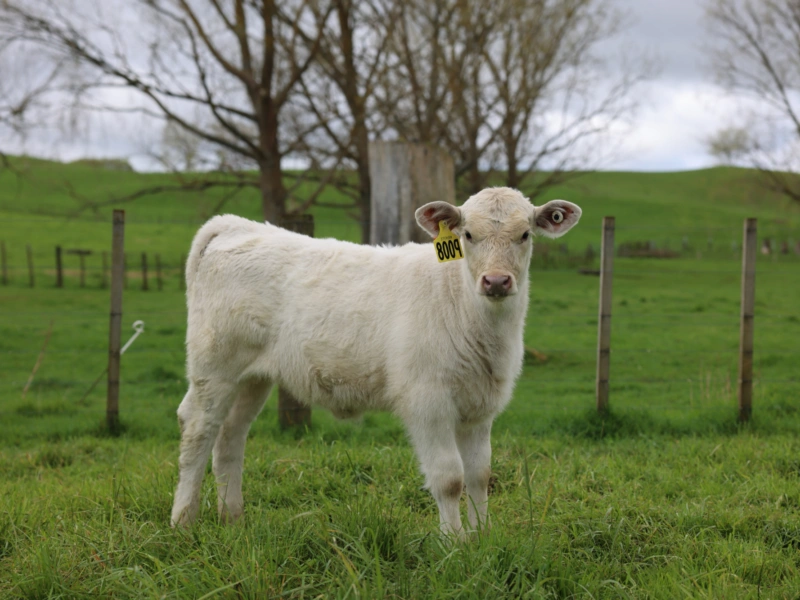
10 Oct 2025
Pāmu and LIC to launch Synergizer® in 2026
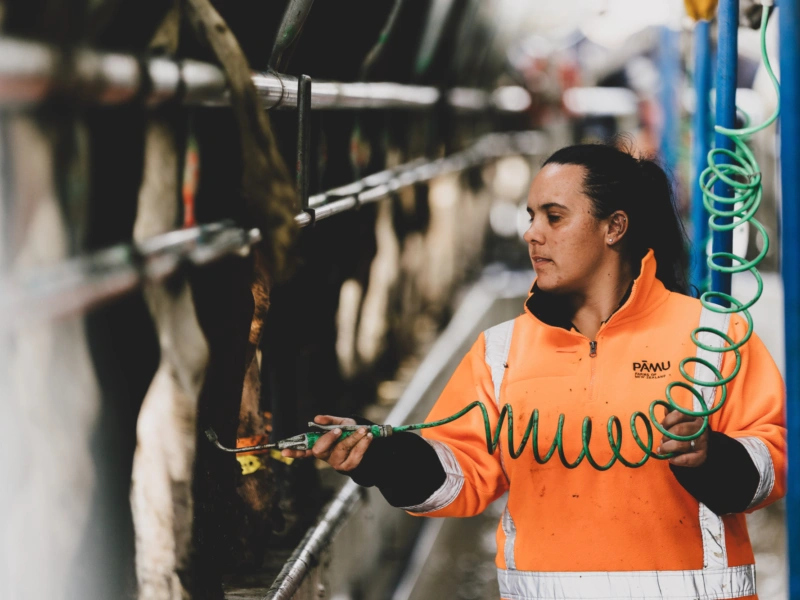
30 Sept 2025
Pāmu Releases 2025 Integrated Annual Report
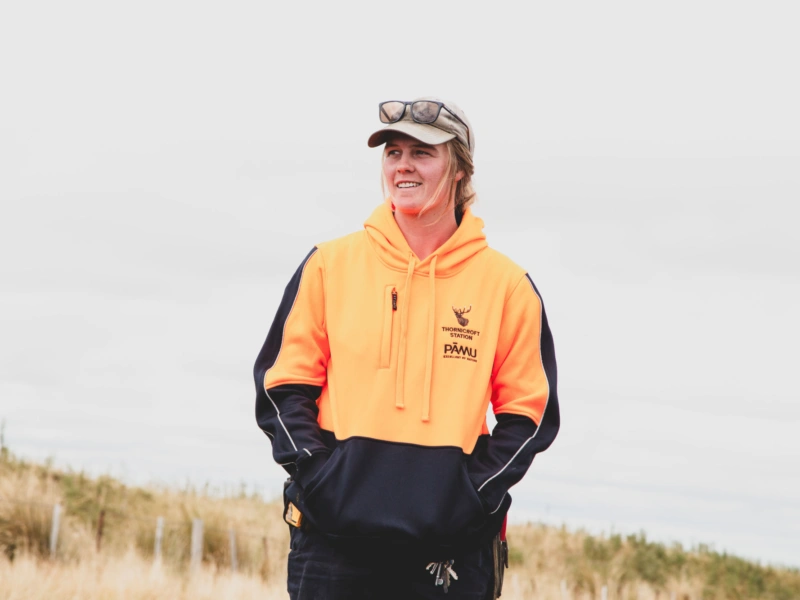
23 Sept 2025
Pāmu Invests in Future Farming Leaders with Key Appointments and Career Pathways
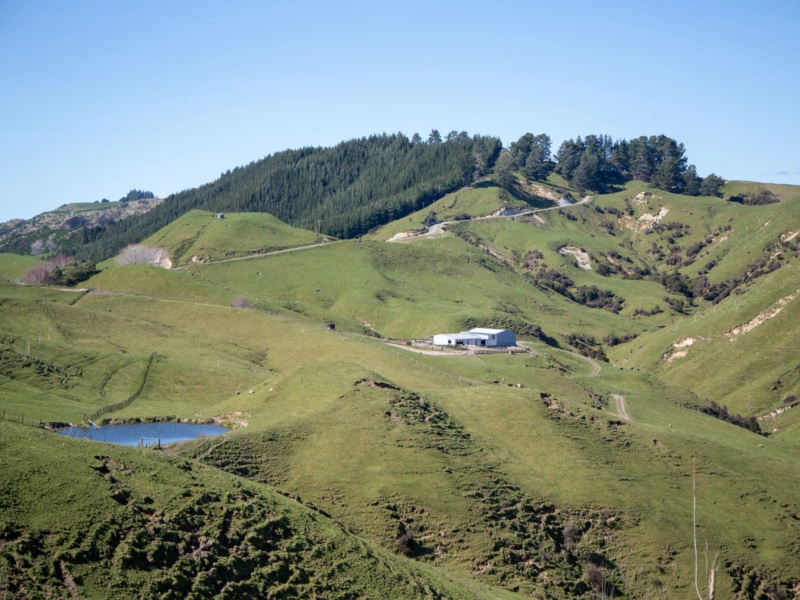
09 Sept 2025
New Equity Partnership for Livestock Launched
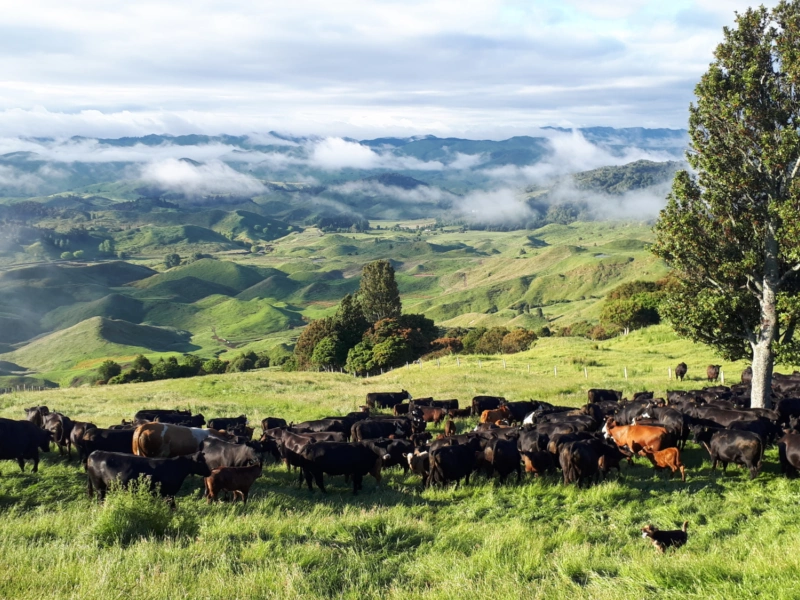
28 Aug 2025
Pāmu Landcorp Farming Limited full-year results for the year ended 30 June 2025
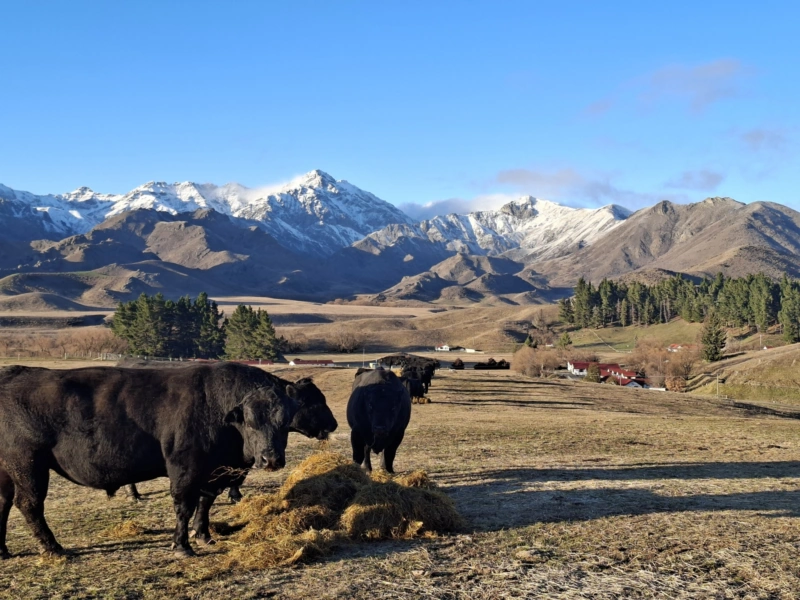
12 Aug 2025
Molesworth back to fighting bovine TB
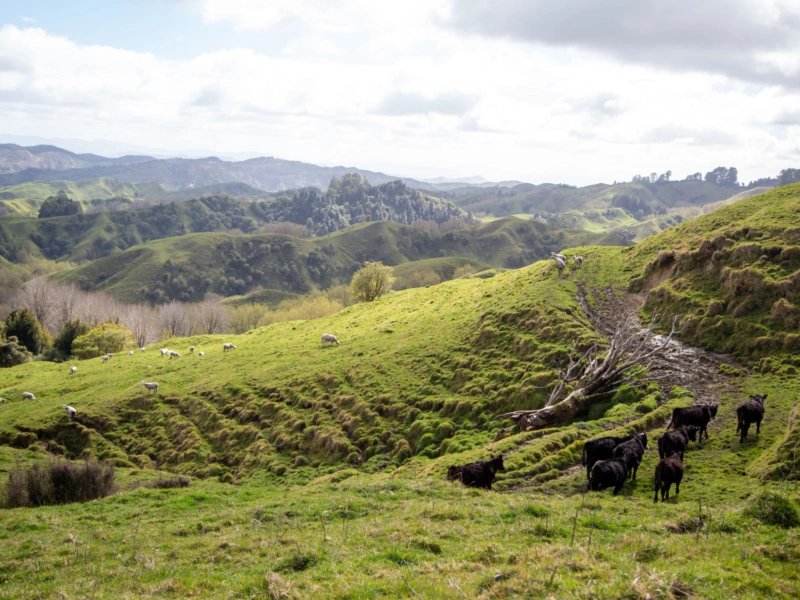
31 Jul 2025
Pāmu Welcomes Three New Directors to its Board

24 Jul 2025
Focused Farming Pays Off: Pāmu Eyes Record-Breaking Profits

23 Jul 2025
Roz Urbahn Appointed as Chief Corporate Services Officer at Pāmu
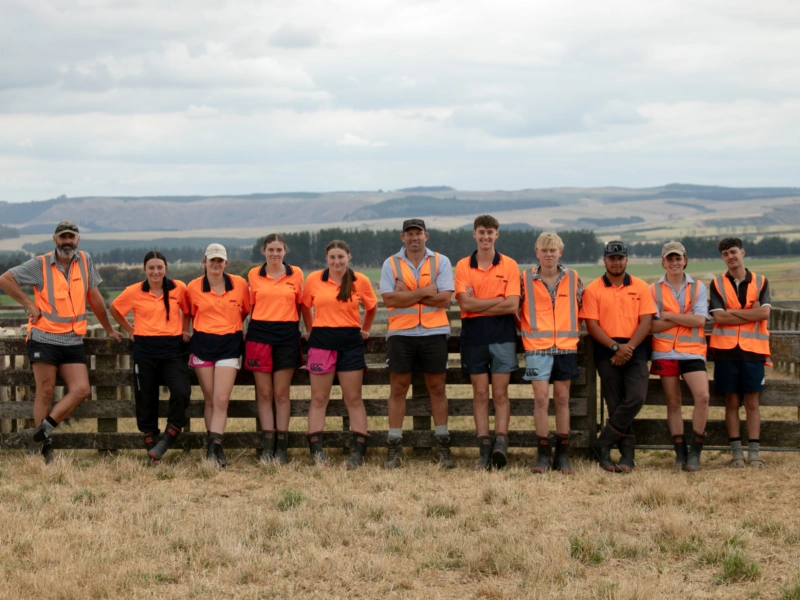
01 Jul 2025
Applications Open for Pāmu 2026 Farming Apprenticeship Scheme
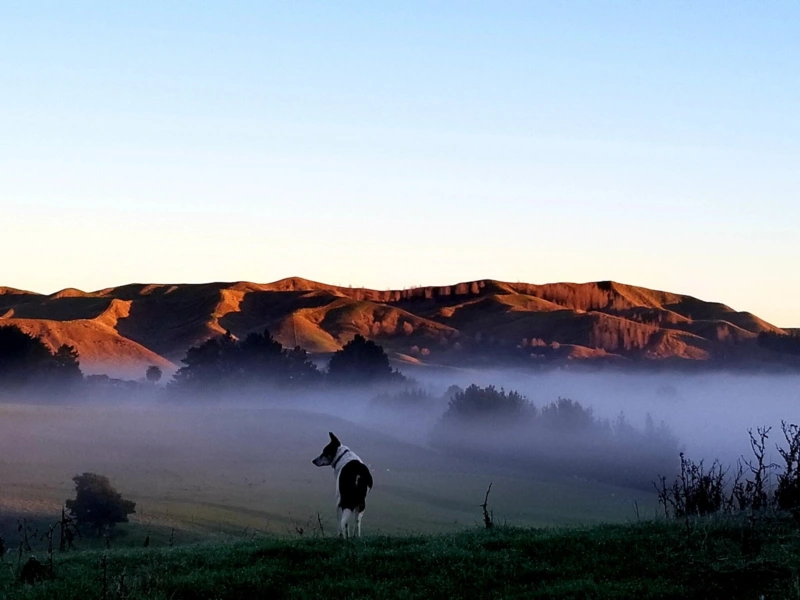
24 Jun 2025
Open Farm Day at Edenham Station
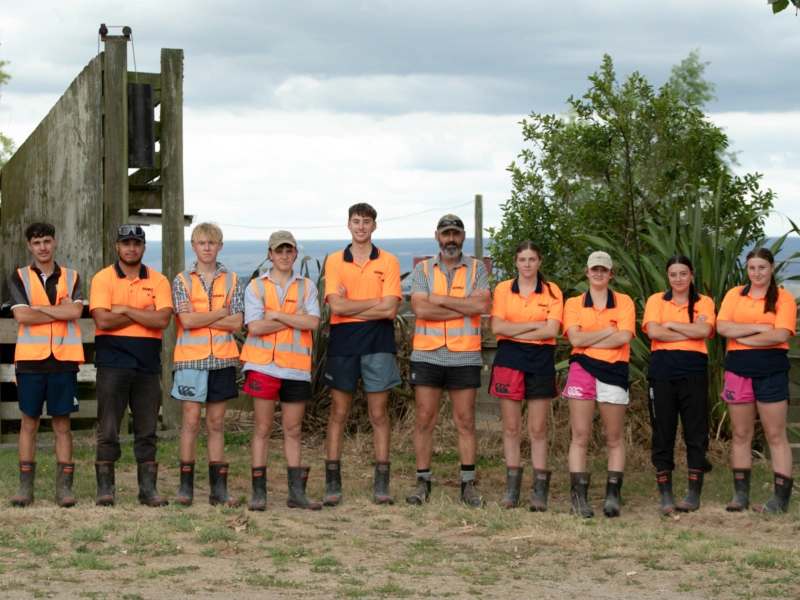
04 Jun 2025
Delivering value to New Zealand
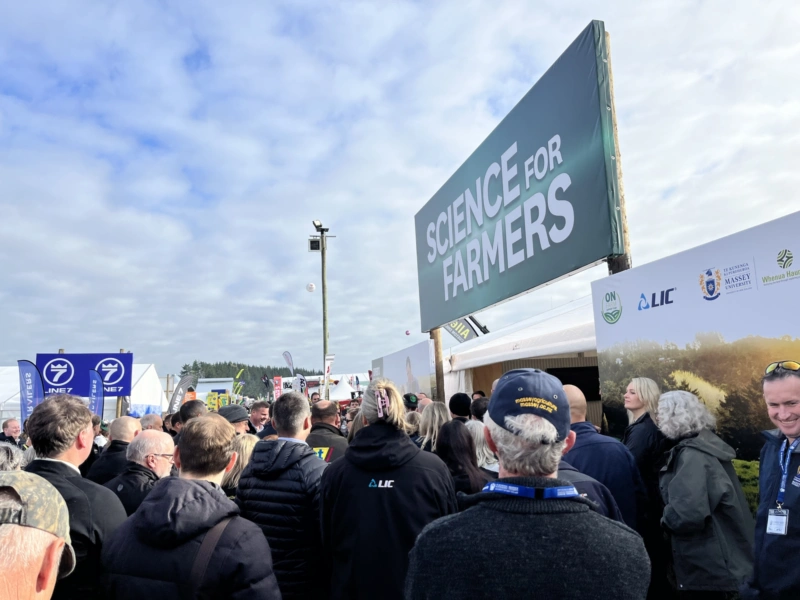
03 Jun 2025
Join Us at Fieldays 2025: Science, Sustainability and Smarter Farming

28 May 2025
Open Farm Day at Rangitāiki Station: Sharing Our Safe and Profitable Farming Journey
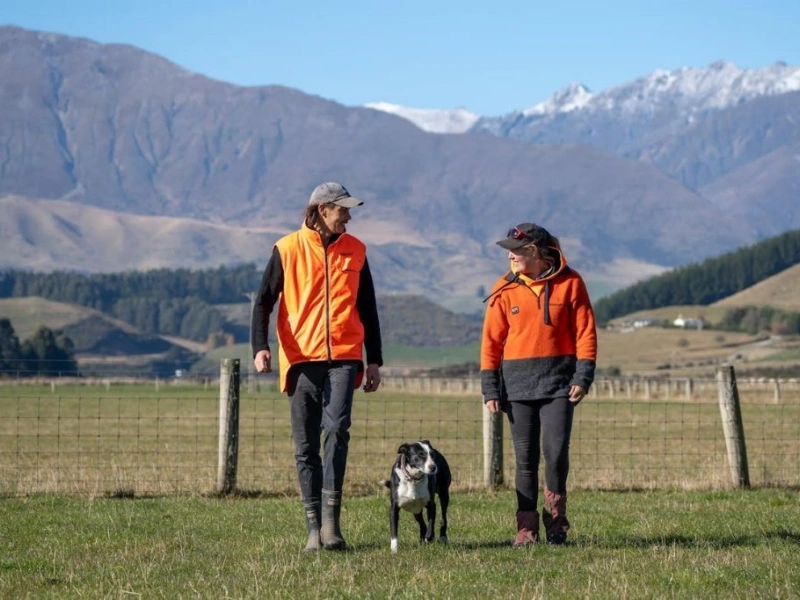
26 May 2025
NZ Farm Dog DNA Study Reveals Top 5 Inherited Health Risks

06 May 2025
Safety at the forefront of Rangitāiki Open Day
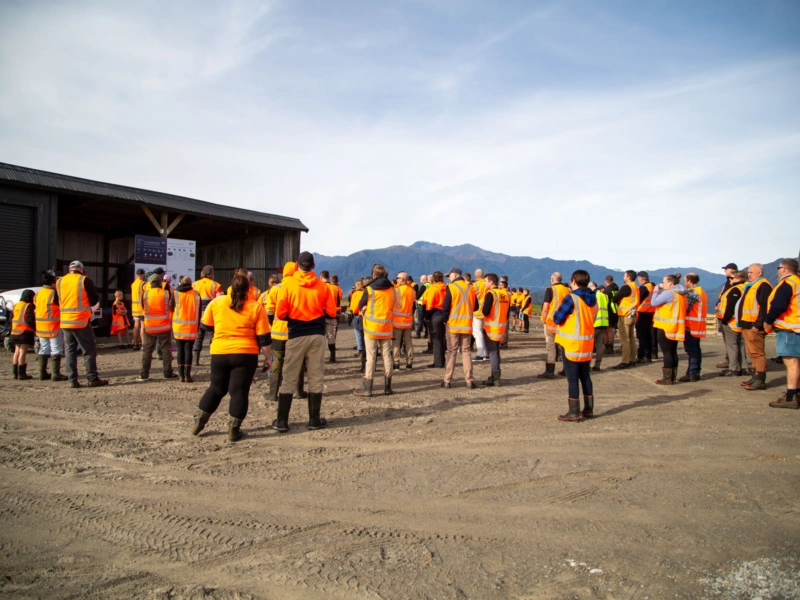
05 May 2025
Pāmu announces Open Farm Days for FY 2025/2026
Media contact
Are you interested in our latest news or working on a Pāmu story and need to get in touch?
